Top 10 Bugs Found in C++ Projects in 2019
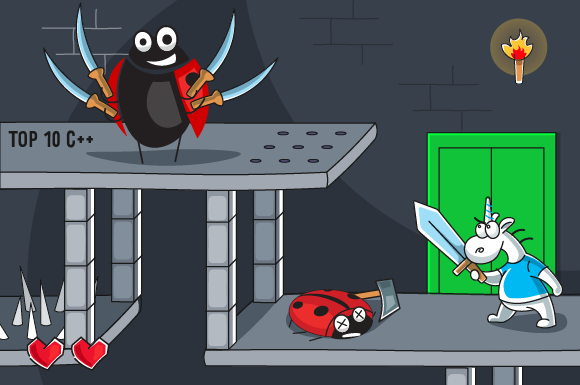
Another year is drawing to an end, and it's a perfect time to make yourself a cup of coffee and reread the reviews of bugs collected across open-source projects over this year. This would take quite a while, of course, so we prepared this article to make it easier for you. Today we'll be recalling the most interesting dark spots that we came across in open-source C/C++ projects in 2019.


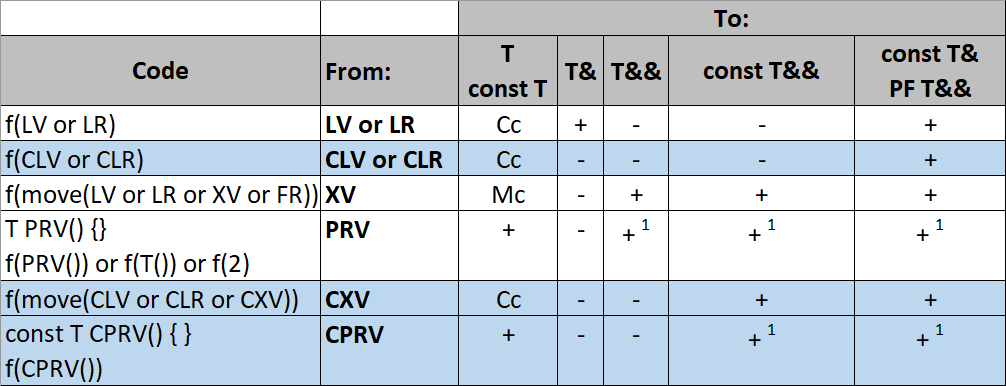



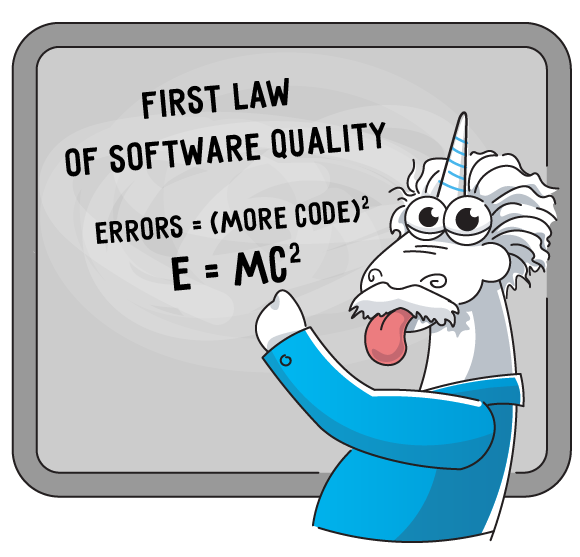






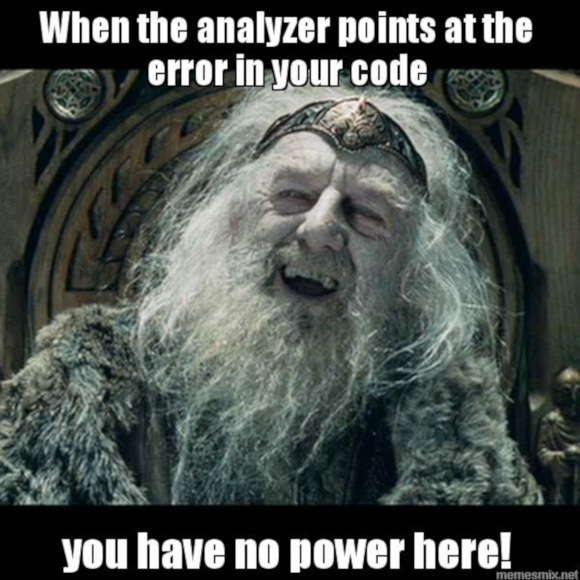
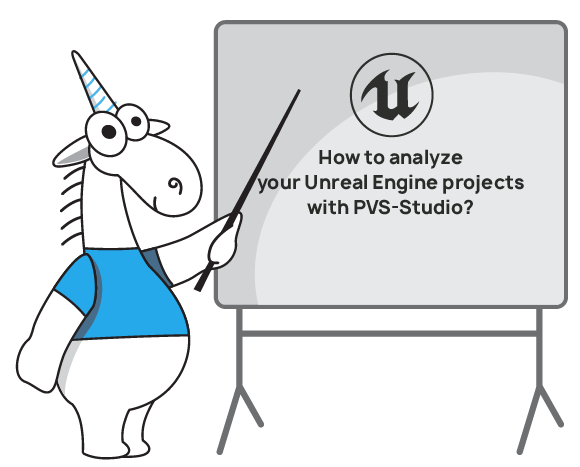

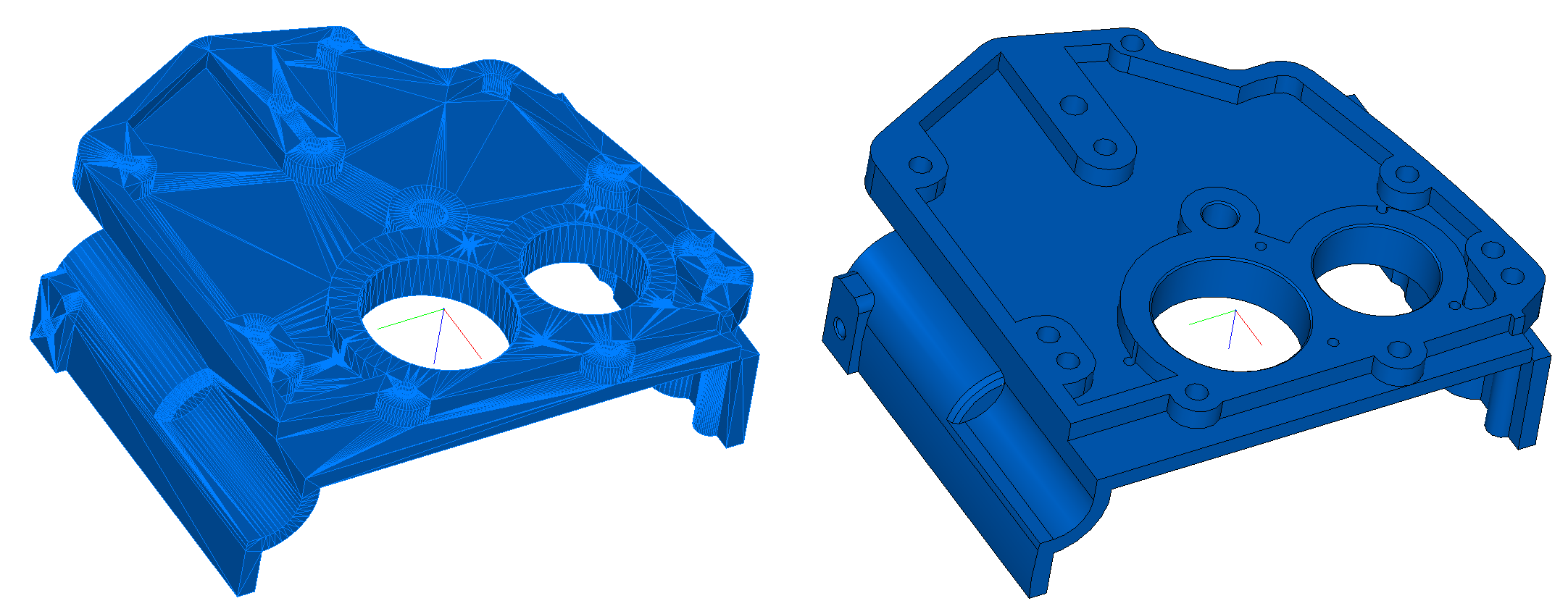


 PVS-Studio supports analyzing projects developed in C, C++, C#, and Java. You can use the analyzer under Windows, Linux, and macOS. This small article will tell you the basics of analyzing C and C++ code in Linux environment.
PVS-Studio supports analyzing projects developed in C, C++, C#, and Java. You can use the analyzer under Windows, Linux, and macOS. This small article will tell you the basics of analyzing C and C++ code in Linux environment.